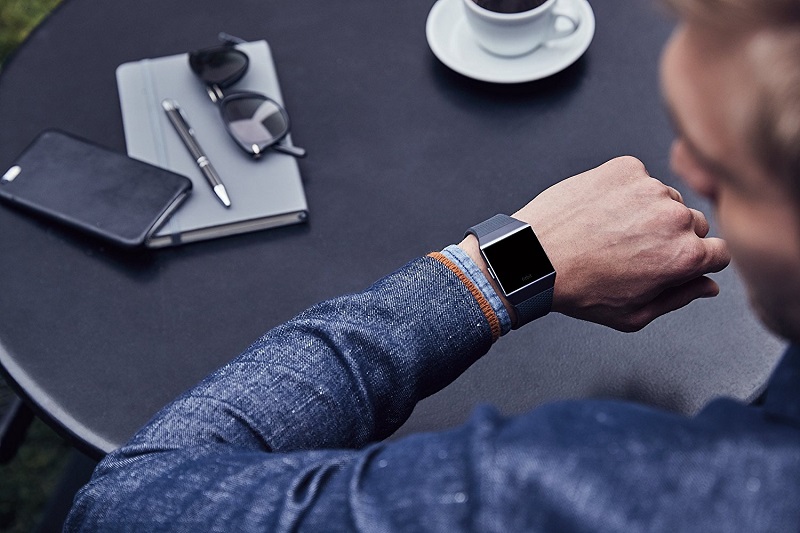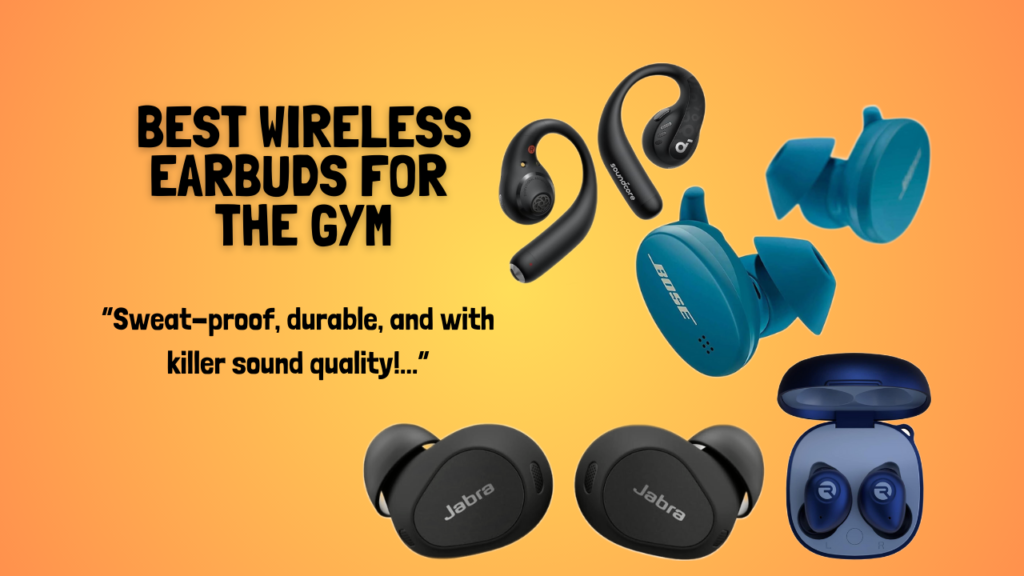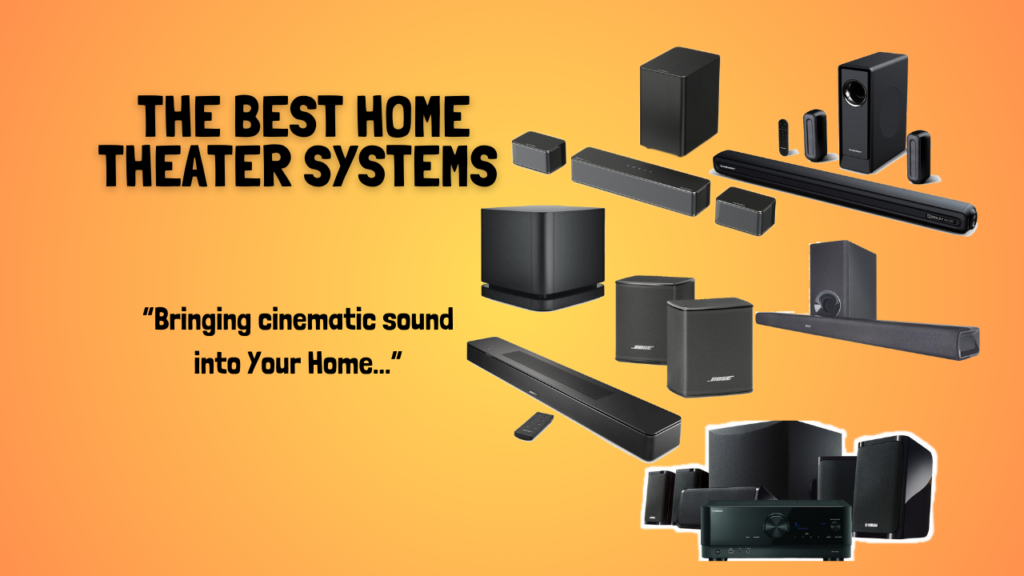Get The Best Exercise Benefits With A Fitness Tracker
Getting fit and improving fitness can often be a difficult task especially when trying to keep track of progress. It would be nearly impossible to manually log details like diet information, active calories, step count, time spent exercising and so on.
There’s a lot of activity happening simultaneously and this is where a fitness tracker steps in to keep a track of everything going on throughout the day including your sleep! They are a lot of advantages of using an activity tracker and I’ll go through a few of the benefits below.
Fitness trackers have risen in popularity over the past few years and if you’re not familiar with how they work I’ll explain. In laymen terms, an activity tracker calculates your movement and motion and translates this into readable data.
How does a fitness tracker measure all these movements? By using inbuilt sensors that measure direction, movement and rotation. The tracker will gather all this data and translate it into useful information such as calories burnt, step count, time spent standing, the quality of your sleep and any form of exercise that you might undertake.
The sensors are quite sophisticated depending on the type of fitness tracker you buy. Modern trackers will even include an altimeter sensor that measures inclines so that you can know how many flights of stairs you’ve gone up during the day.
More sensors inside the tracker will improve the accuracy of logging activities, the tracker will be able to distinguish whether you’re cycling, running, swimming or simply taking a stroll.
Recommended Reading: Best Activity Tracker For Running
Given that there’s a wealth of data that the fitness tracker can interpret how can you access the information easily? Most trackers will display data such as step count, heart rate BPM, calories burnt on their screens. Depending on the brand you decide on, they are also apps that can be downloaded to your phone for a more detailed view of your activities, fitness goals and progress.
They are lots of fun ways to see your progress, fitness data and set goals through apps. The activity tracker will sync your data with the app and help you stay motivated with your fitness. Okay, now that we know how an activity works let’s look at the advantages of using one.
Fitness Trackers Motivate You to Achieve Your Goals
By default a fitness tracker will motivate you to keep active, if it notices that you’ve been sedentary for too long it will prompt you to get up and get moving (depending on the type of tracker). You will become more aware of your active times and lazy periods throughout the day, this is a great way of reminding yourself to do some activity, even if it’s just a short walk to stretch your legs. You can also set yourself some targets and push yourself to surpass any previous goals.
For example, you might initially set a goal to reach 8000 steps per day and gradually increase this by 500 steps every few days. Certain fitness trackers also encourage a community spirit by linking with your friends, provided that they have a similar tracker or app. You can then challenge each other in a fun way, stay motivated and be accountable for reaching your goals. This is a huge motivator.
Recommended Reading: Best Activity Tracker For Women
It Never Stops Tracking (Sleep Included).
A good night’s rest is important for good health and wEllbeing. Sleep affects body functions such as energy levels, metabolism, mental health and muscle recovery post-workout. Without a tracker, it’s difficult to measure the quality of your sleep. It can measure light sleep versus deep sleep and general sleep patterns.
In addition to measuring the length of time that you are asleep, your fitness tracker will show you how many times you wake up throughout the night and your level of restlessness. This type of information can help you to adjust your sleeping habits and form a good bedtime routine so that you can get the best possible sleep.
Heart Rate Monitoring To Optimise Your Workouts
In addition to measuring your various body movements, most modern fitness trackers can observe your heart rate (beats per minute). How does the tracker measure your heart rate without a monitor strapped to your chest? It does so by illuminating your wrist so that it can see and measure your pulse.
The light shines into your blood vessels within your wrist and the tracker then distinguishes changes in the blood’s capacity that happen when your heart pumps blood around your body. The tracker will measure the difference in volume when the sensors measure the amount of light reflected back- if less light is reflected back this means that an increased amount of blood is traveling through the body.
Recommended Reading: Best Wearable Fitness Tracker For Your Workout
So what is all the fuss about measuring heart rate? Not everyone burns calories at the same rate- by using your other body measurements, such as height and weight together with heart rate, the tracker can accurately measure the number of calories you’ve burned based on your specific body.
If you’re just starting out on your fitness journey, measuring heart rate will allow you to observe your body’s limits so that you can train at the correct intensity. Working out in your correct heart rate zone will ensure that you’re expending the correct amount of calories whilst avoiding injury.
Knowing your heart rate gives the advantage of getting the maximum benefit from your exercise, as not all workouts and fitness goals are equal. For example, if you want to burn fat then you should aim to achieve between 50-75% of your maximum heart rate. Without a tracker it would be impossible to know whether you’re above or below your targeted heart rate zone.
Bottom Line
They’re plenty of exercise benefits with a fitness tracker and I’ve explained just a few of these. We all train differently and the range of exercises that we perform are vast, but what’s important is that you can tailor your activity tracker to suit your fitness lifestyle whilst it also monitors your daily movement in the background.
Keeping track of fitness progress is hard enough but this can be simplified hugely with an activity tracker. Choosing the correct tracker for your activities can be difficult since there are literally hundreds to choose from. I’ve included various links throughout this article to help you find the best fitness tracker suitable for your lifestyle.
Within each link, you will find detailed reviews of the type of tracker that you need for specific activities and exercises. I’ve done the research and all that’s left is for you to pick out an ideal tracker. Good luck and here’s to you achieving your fitness targets!
















